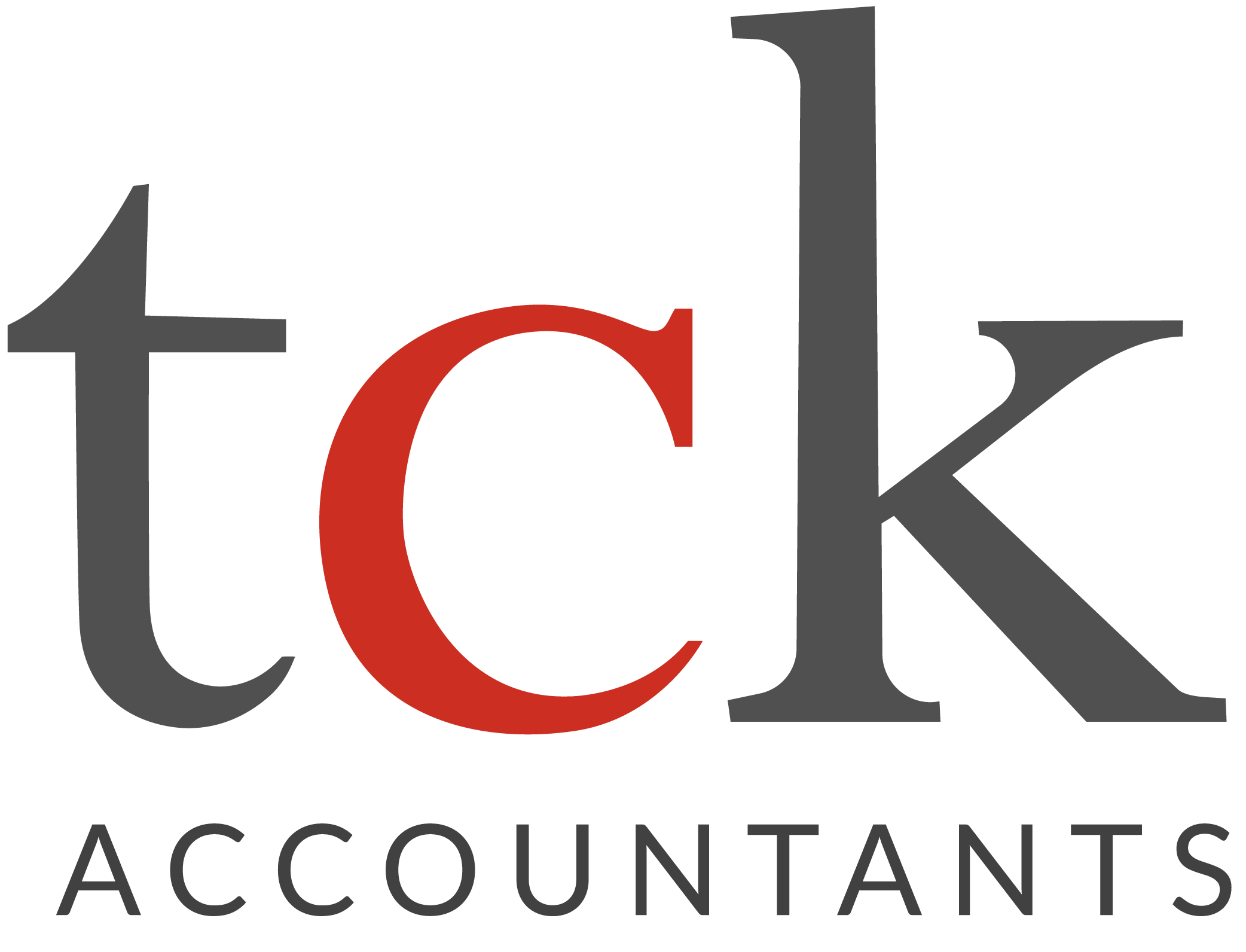Did you know that failure to keep private expenses separate from company expenses may inadvertently give rise to a Division 7A dividend? With year-end fast approaching, we thought it timely to briefly discuss this topic, as well as how to manage any risks!
What is Division 7A?
Division 7A is an integrity measure intended to prevent profits or assets being provided, directly or indirectly, to shareholders or their associates, tax free. Under Division 7A, certain specified transactions between private companies and their shareholders and associated persons may be treated as an assessable dividend.
Division 7A may apply to the following transactions and events:
- private use of company assets;
- transfer of company assets;
- gifts;
- loans and other forms of credit;
- writing off (or forgiving) a debt;
- guarantees;
- payments and loans through interposed entities.
Division 7A doesn’t apply to amounts that are otherwise assessable to a shareholder or their associate under income tax law, such as normal dividends or director’s fees.
Further, a loan is not treated as a dividend under Division 7A, if among other things, it is made to another company (not acting in the capacity of a trustee); or it is made in the ordinary course of business and on terms that would apply to similar loans.
Division 7A is a complex area of law. To assist with this topic, the Australian Taxation Office (ATO) has prepared a general summary poster (see: here) and a video series (see: here).
Example – Loan to a Shareholder
Truss Pty Ltd loans $15,000 to Amy, a shareholder of Truss Pty Ltd. The money is loaned to Amy on the understanding that she pays it back slowly, over time.
The $15,000 is a loan from Truss Pty Ltd to Amy because it is an advance of money. Division 7A may apply.
Example – Payment to a Shareholder’s Associate
On 1 February 2022, Axon Pty Ltd pays $2,000 towards an overseas trip for Mandy. Mandy is the daughter of Jerome, who is a shareholder of Axon Pty Ltd. Both Jerome and Mandy are not employees or associates of employees of Axon Pty Ltd.
The payment is to a shareholder’s associate. On 30 June 2022, Axon Pty Ltd is taken to pay a dividend of $2,000 to Mandy under Division 7A (subject to Axon Pty Ltd’s distributable surplus).
What is the impact of a Division 7A Deemed Dividend?
In general, a Division 7A deemed dividend cannot be “franked” even though it is taken to be paid from company profits. This means that the entire dividend will be taxed in the hands of the shareholder, without an accompanying franking tax offset.
Accordingly, the most effective way to provide a payment or other benefit to a shareholder is to pay a normal dividend with a franking credit, if available.
How can I avoid and/or manage Division 7A risks?
As noted above, Division 7A dividends may inadvertently arise as a consequence of the private use of money or assets owned by a company.
To avoid Division 7A issues:
- Do not pay private expenses from a company bank account.
- Do keep proper records that note and explain all transactions, including payments to and receipts from shareholders and their associates.
- Do prepare a written loan agreement (that is Division 7A compliant), to document money loaned to shareholders or their associates.
A payment or benefit will not be treated as a Division 7A dividend if it’s:
- fully repaid; or
- converted into a Division 7A complying loan by the time the private company’s tax return is due or lodged (whichever comes first).
The ATO has developed a Division 7A calculator and decision tool (see: here) to help determine the effect of Division 7A in relation to payments or other benefits.
Example – Payment Converted to a Loan Before Lodgement Day
During the 2022 income year, Kartz Pty Ltd pays the petrol expenses of a vehicle owned by Penny, a shareholder of Kartz Pty Ltd. Penny is under no obligation to repay the amount.
The payment will not be treated as a Division 7A dividend to Penny in the 2022 income year if:
- it is converted to a loan and put under a written agreement before Kartz Pty Ltd’s 2022 tax return is due or lodged (whichever comes first);
- the term of the loan is no greater than seven years; and
- the rate of interest payable in subsequent income years equals or exceeds the benchmark interest rate for those years (4.52% for 2021–22).
Kartz Pty Ltd is taken to have made the loan to Penny at the time the petrol expense payments were made. Penny will have ongoing obligations, including making repayments.
TIP – Complying Loan Agreements
A loan which is put under a written agreement before a private company’s due or actual lodgement date (whichever is first) and meets the minimum interest rate and maximum term criteria, will not be treated as a dividend under Division 7A in the income year that the loan is made.
To ensure compliance with Division 7A, shareholders or their associates must make the minimum yearly repayments each year; and cannot borrow money from the private company to make the minimum yearly repayment.
Repayments may occur by physical cash settlement or by offsetting wages payable by the private company or by using a dividend declared by the private company.
Finally…
If Division 7A applies to a payment or benefit, then the following areas may also need to be considered:
- Fringe Benefits Tax (FBT)
- Dividend Imputation and Franking Credits
- Withholding Tax
- Family Law Settlements
With year-end fast approaching, take the time to get familiar with Division 7A and consult your Tax Advisor to discuss your situation further.

